Specifically, violence broke out after these ethnic Serbian protesters tried to prevent newly elected mayors from taking office in the city of Zvecan, following a disputed election in April.
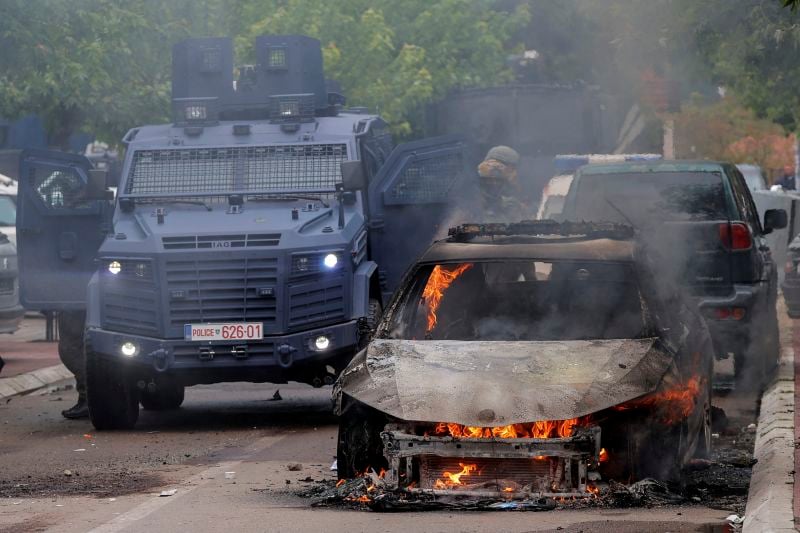
A damaged car after clashes in Zvecan, Kosovo on Monday (May 29). Photo: CNN
Tensions in the region have been rising in recent months. Here's what you need to know about what's been happening in the crisis.
History
Kosovo declared independence from Serbia in 2008, following the 1998–1999 war in which Kosovo Albanians attempted to secede from the Federal Republic of Yugoslavia, which included present-day Serbia and Montenegro. NATO intervened in the war to protect Kosovo's ethnic Albanian majority.
Serbia considers Kosovo a breakaway state and does not recognize its independence. Kosovo Serbs consider themselves part of Serbia and regard Belgrade as their capital, not Pristina. Most Kosovo Serbs live in the northern regions and are demanding autonomy.
The 2013 Brussels Agreement brokered by the European Union (EU) attempted to normalize relations between the two countries. Under the agreement, Serbia could establish autonomous municipalities in the northern region, but these would have to operate under Kosovo's legal system, with the Kosovo police as the sole police force.
More than a decade later, these cities have yet to be established, making the disputes increasingly fierce.
For years, Kosovo has wanted Serbs to change their Serbian license plates to those issued by the Pristina government. Last year, the Kosovo government announced a two-month deadline to change the plates, but pushed back the deadline after protests broke out.
Serb mayors in northern cities, along with local judges and about 600 police officers, resigned in November in protest at the license plate change, Reuters reported.
What caused the recent violence?
In March, the two countries signed a new agreement in Ohrin, North Macedonia, to normalize relations once again. But then local elections were marred by controversy in four cities in northern Kosovo.
Serbian President Aleksandar Vucic called on ethnic Serbs in the region to boycott the election. There were no Serb candidates in the election, so the Albanian candidates easily won.
Fearing possible violence, Kosovo's central election commission scrapped plans to set up polling booths in local schools, instead setting up mobile tents guarded by NATO peacekeepers .
After polls closed, election officials said only about 1,567 people had voted in the four cities, with a turnout of 3.5%.
The city of Zvecan has a population of about 16,800 people. Of these, more than 16,000 are ethnic Serbs and only about 500 are ethnic Albanians.
The newly elected Albanian mayor of Zvecan won by just 100 votes, leading many to say his victory was illegitimate.
What happened on Monday?
Ethnic Serb protesters threw petrol bombs at NATO's KFOR force and used batons to hit their riot shields as the peacekeepers guarded the municipal office in Zvecan.
KFOR said 30 of its peacekeepers, mainly from Italian and Hungarian forces, were injured. According to KFOR, the soldiers suffered “fractures and burns from improvised explosive devices,” and three soldiers “suffered gunshot wounds.”
The NATO peacekeeping mission said it had increased its presence in northern Kosovo after new Albanian mayors took office in northern Kosovo. KFOR said its aim was to “reduce the risk of escalation”, but troops “were subsequently attacked by increasingly aggressive crowds”.
Kosovo Prime Minister Albin Kurti condemned the “outrageous attacks” on peacekeepers. In a statement, Serbian Prime Minister Ana Brnabic said the situation in northern Kosovo “has never been more difficult.”
International community response
European leaders were quick to condemn the violence. Josep Borrell, the European Union’s foreign policy chief, said he had been in contact with both Mr Kurti and Mr Vučić and asked “both sides to urgently take immediate and unconditional steps to de-escalate tensions”.
Speaking at a press conference in Brussels on Tuesday, Mr Borrell said the EU “strongly condemns the violence in the north of Kosovo in the past few days”.
The French Foreign Ministry issued a statement asserting that "it is now necessary for Pristina and Belgrade to show responsibility by returning to the negotiating table with a compromising attitude for the peace and prosperity of the Serbian and Kosovar people".
“We support Serbia’s efforts to safeguard its sovereignty and territorial integrity,” said Chinese Foreign Ministry spokesman Mao Ning, calling on Pristina to establish Serb-majority municipalities.
NATO is preparing to deploy additional forces to Kosovo following Monday's clashes, in a bid to contain violence and prevent tensions from spiraling into a second European conflict.
Quoc Thien (according to CNN, Reuters, AP)
Source


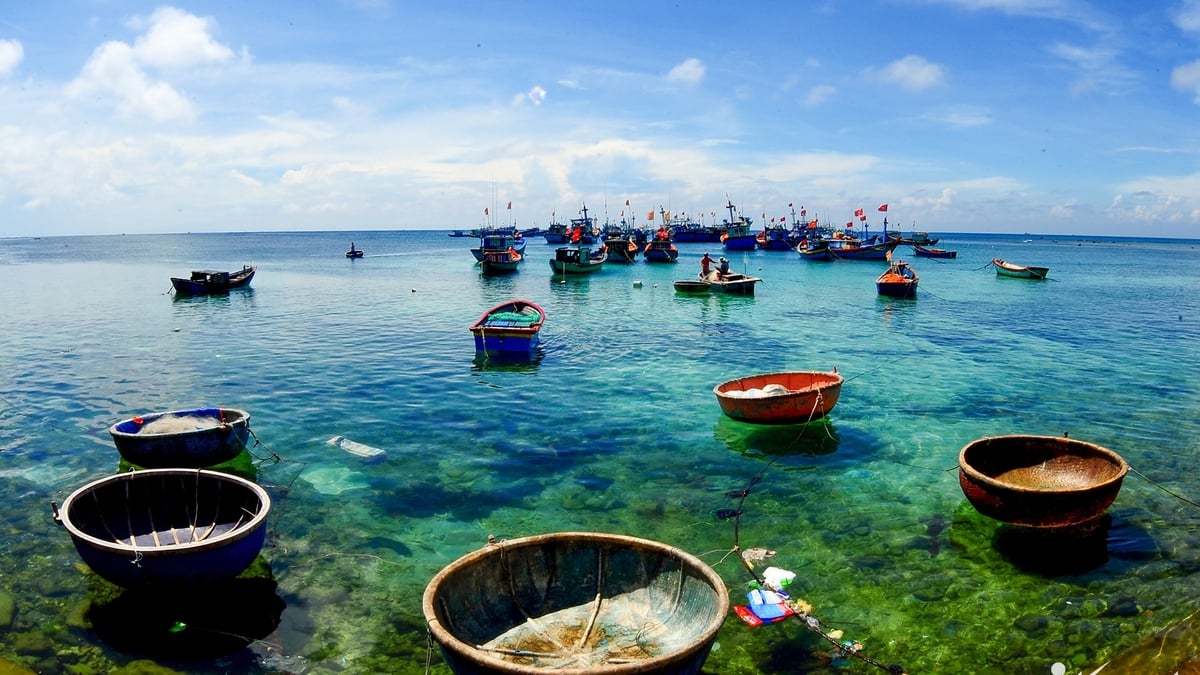
![[Photo] Party and State leaders attend the special art program "You are Ho Chi Minh"](https://vphoto.vietnam.vn/thumb/1200x675/vietnam/resource/IMAGE/2025/5/18/6895913f94fd4c51aa4564ab14c3f250)

![[Photo] Special flag-raising ceremony to celebrate the 135th birthday of President Ho Chi Minh](https://vphoto.vietnam.vn/thumb/1200x675/vietnam/resource/IMAGE/2025/5/19/1c5ec80249cc4ef3a5226e366e7e58f1)
![[Photo] Party and State leaders visit President Ho Chi Minh's Mausoleum](https://vphoto.vietnam.vn/thumb/1200x675/vietnam/resource/IMAGE/2025/5/19/d7e02f242af84752902b22a7208674ac)









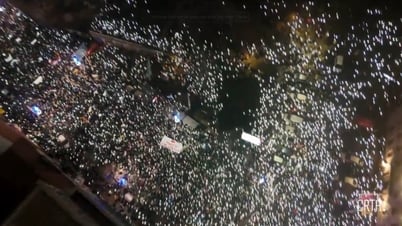
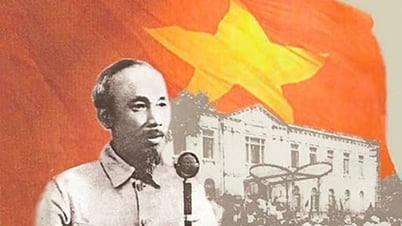

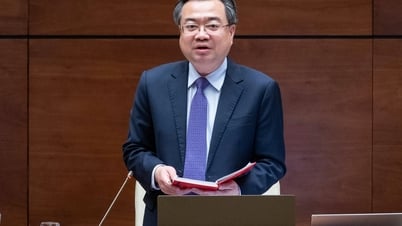

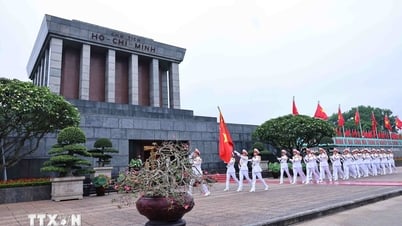

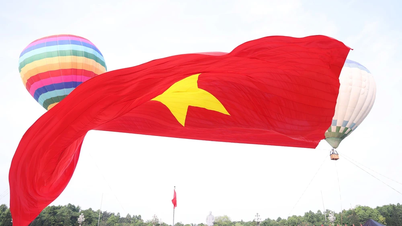

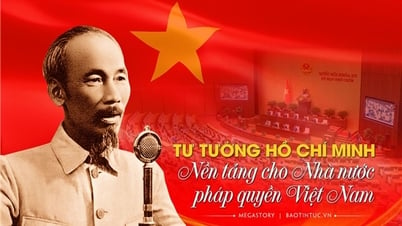
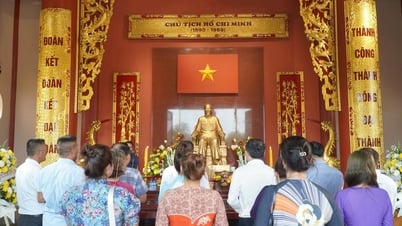











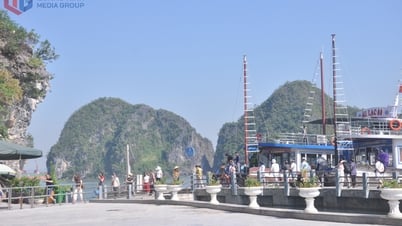















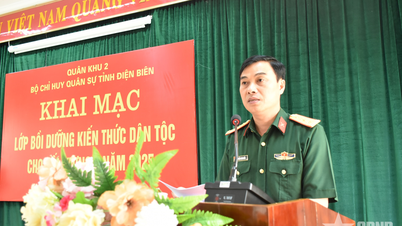



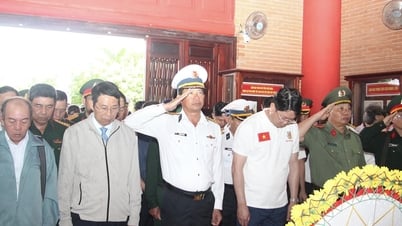
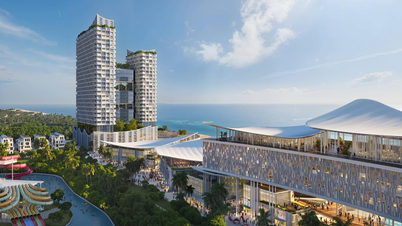

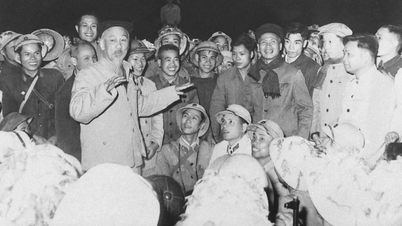

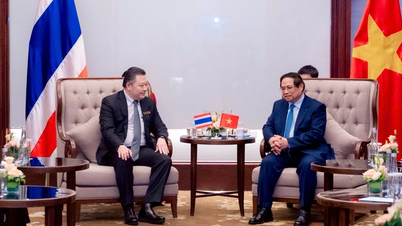
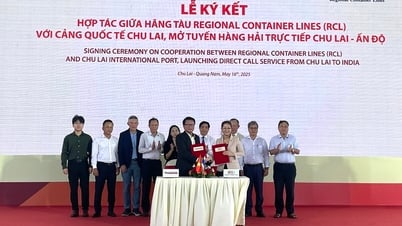




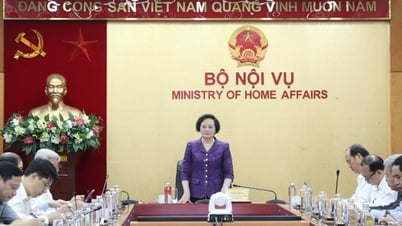




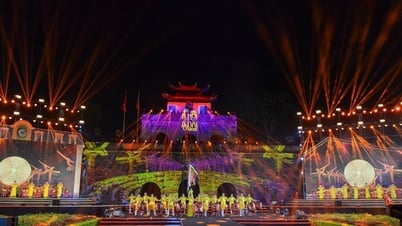


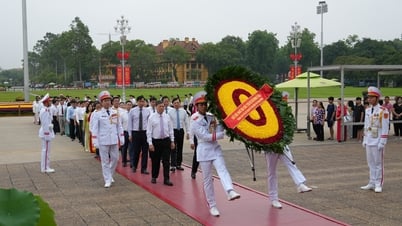

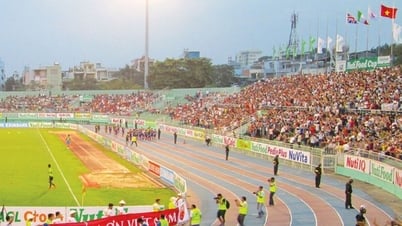
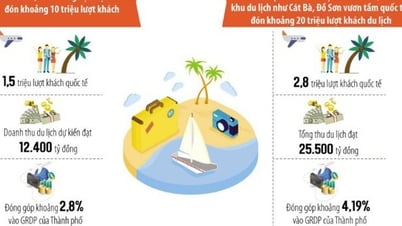




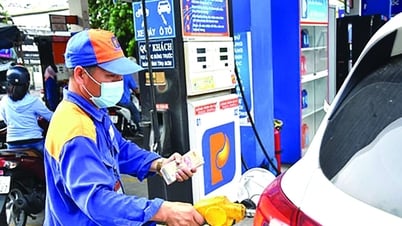
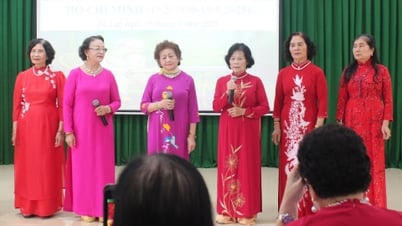













Comment (0)